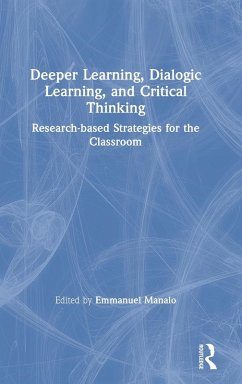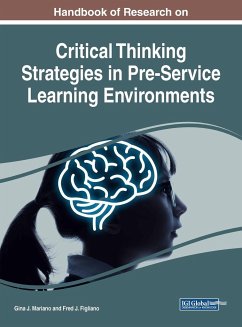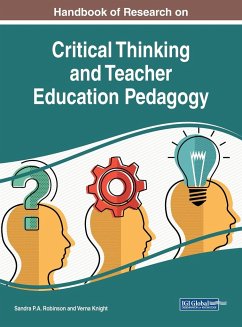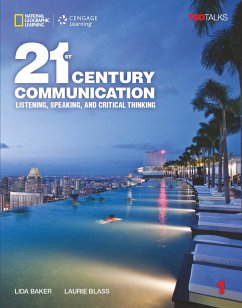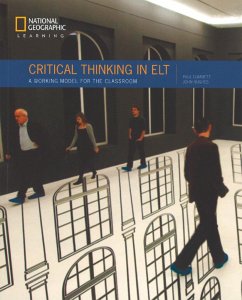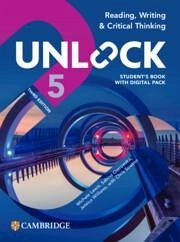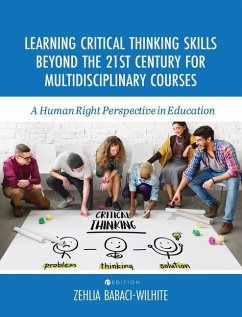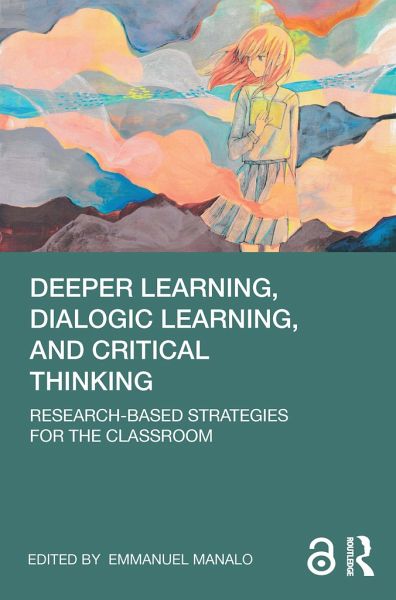
Deeper Learning, Dialogic Learning, and Critical Thinking
Research-based Strategies for the Classroom
Herausgeber: Manalo, Emmanuel

PAYBACK Punkte
26 °P sammeln!
Deeper learning, dialogic learning, and critical thinking are essential capabilities in the 21st-century environments we now operate. Apart from being important in themselves, they are also crucial in enabling the acquisition of many other 21st-century skills/capabilities such as problem solving, collaborative learning, innovation, information and media literacy, and so on. However, the majority of teachers in schools and instructors in higher education are inadequately prepared for the task of promoting deeper learning, dialogic learning, and critical thinking in their students. This is despi...
Deeper learning, dialogic learning, and critical thinking are essential capabilities in the 21st-century environments we now operate. Apart from being important in themselves, they are also crucial in enabling the acquisition of many other 21st-century skills/capabilities such as problem solving, collaborative learning, innovation, information and media literacy, and so on. However, the majority of teachers in schools and instructors in higher education are inadequately prepared for the task of promoting deeper learning, dialogic learning, and critical thinking in their students. This is despite the fact that there are educational researchers who are developing and evaluating strategies for such promotion. The problem is bridging the gap between the educational researchers' work and what gets conveyed to teachers and instructors as evidence-based, usable strategies. This book addresses that gap: in it, leading scholars from around the world describe strategies they have developed for successfully cultivating students' capabilities for deeper learning and transfer of what they learn, dialogic learning and effective communication, and critical thought. They explore connections in the promotion of these capabilities, and they provide, in accessible form, research evidence demonstrating the efficacy of the strategies. They also discuss answers to the questions of how and why the strategies work. A seminal resource, this book creates tangible links between innovative educational research and classroom teaching practices to address the all-important question of how we can realize our ideals for education in the 21st century. It is a must read for pre-service and in-service teachers, teacher educators and professional developers, and educational researchers who truly care that we deliver education that will prepare and serve students for life.





